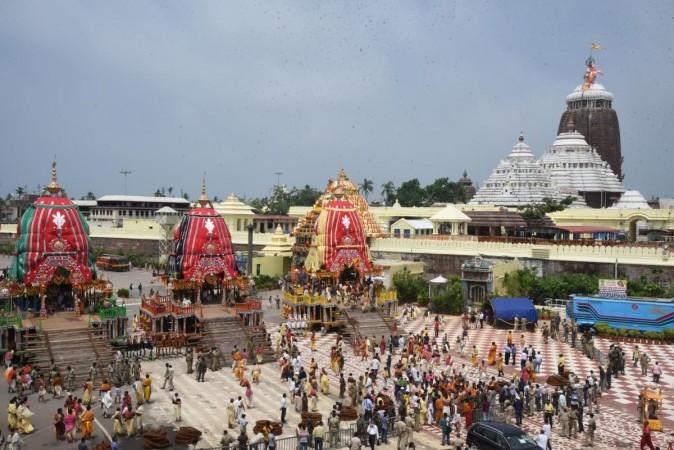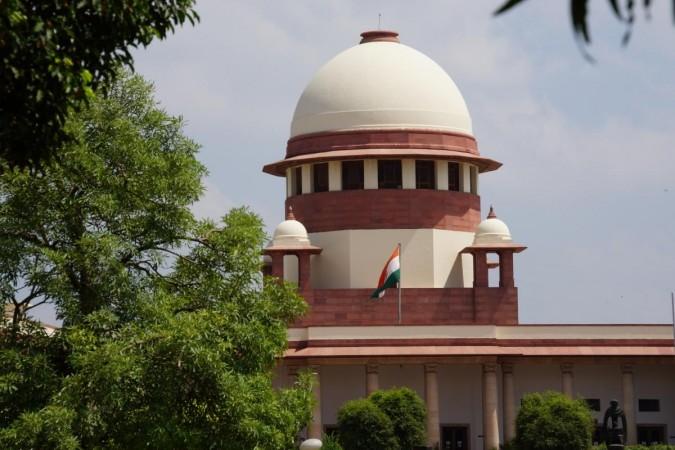The Supreme Court, on Friday, dismissed a batch of petitions alleging that the construction work around Puri Jagannath Temple would damage the heritage site. The Apex court rejected the petitions which were against excavation and construction work by the Odisha government along the Puri Jagannath Temple as part of the Puri Heritage Corridor Project.

A bench of Justices BR Gavai and Hima Kohli termed the pleas as "frivolous" and not in public interest. It further said, "a hue and cry was made that the construction carried out is contrary to the inspection report by the Archaeological Survey of India. However, the note of the Director General of ASI...as well as the affidavit filed by ASI before the (Orissa) High Court would falsify the position."
According to an official inspection report, the constructions had, "caused irreparable damage to the heritage site." The order came on appeals made against the Orissa High Court order of May 9, which refused to restrain the Odisha state government from going ahead with the construction work.

What the appellants argued
The appeal contended that the construction was happening in gross violation of Section 20A of the Ancient Monuments and Archeological Sites and Remains Act (AMASR), 1958. As per which, the area upto 100 metres from a protected monument would be prohibited area and therefore construction or excavation is totally prohibited there except in exceptional circumstances with the permission of the central government or the ASI director general.
What the Bench said
The Bench further held that the activities undertaken by the state government were in sync with the directions issued by a three-judge bench of the Apex Court in an earlier case. "They are necessary in larger public interest and there is no prohibition in the stature as sought to be argued by the appellants." Disparaging the culture of PILs, the bench said there was a mushroom growth of such appeals and called them, "publicity interest litigations or personal interest litigations." "We highly deprecate such practice of filing interest litigations; they are nothing but an abuse of process of law."
When did the issue begin?
It all started when the state-run firm Odisha Bridge Construction Corporation (OBCC) started excavation work in the February of this year. The excavation work carried on, close to the Jagannath Temple to lay concrete structures for amenities such as toilets, cloakrooms, reception centre. This led to a tussle between ASI and Odisha over the corridor project. In May, the ASI submitted a site inspection report which said that OBCC may have destroyed archeological remains around the 12th century Jagannath Temple by carrying out deep excavation work. The report was submitted after a Puri resident filed a PIL alleging that the new construction posed a threat to the structural safety of the temple.

















